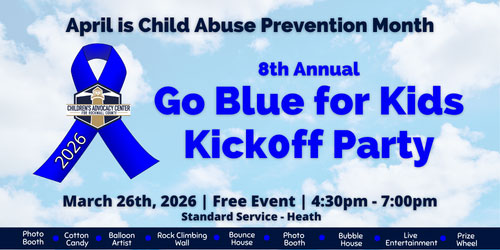Rockwall, TX (September 25, 2024) – Sunday worship at my church begins with contemporary songs followed by several hymns. I don’t recall the song titles of a certain service last summer, but I’ll never forget the voice I heard singing—my own.
“Heal me, O Lord, and I shall be healed,” says Jeremiah 17:14.* Just days before that service, I had prayed similar words, believing the Lord could heal my voice.
I had begun reading a devotional book penned nearly 150 years ago. Frances Ridley Havergal’s Kept for the Master’s Use is based on her well-known hymn, “Take My Life and Let It Be.” The book’s high moral tone (typical of the Victorian era) did not appeal to me. Yet I kept reading because I once loved singing that particular hymn before losing the upper range of my voice.
Now I’ll backtrack—31 years—to the summer I lost my voice. If Satan needed an open door to our house, I had provided it. My husband and I agreed on a certain course of action regarding a spiritually confused friend: no more communications. But my resolve evaporated when this friend’s wife sent me a lovely baby gift and I found a letter tucked inside the crocheted crib blanket. Like Eve, I took it and ate.
After reading about “the deeper things of God” in that letter, my mind filled with doubts about my long-held beliefs. My spiritual malaise was followed by physical illness. Our six-month-old son contracted pertussis from a bad batch of vaccines (thankfully, he had some protection from a previous dose), and by the time he recovered, I had caught his whooping cough.
After nights of coughing and days of clouded thinking regarding biblical truth, I sought clarity through reading the red-letters-of-the-Bible words of Jesus (which I can highly recommend). I did this each night after our kids were in bed, and my spiritual confusion cleared within days. But it took weeks before the gravel cleared from my throat, and when I could speak normally again, I realized I couldn’t sing the middle-C scale above the G-note: “do-re-mi-fa-sol” . . . nothing.
When we know the Lord, we recognize his hand of discipline upon us. Though I never had a solo-quality voice, I missed singing and remembered with regret the reason why I couldn’t anymore. I sometimes asked the Lord to heal my voice, but I accepted Hebrews 12:7, “If you endure chastening, God deals with you as with sons; for what son is there whom a father does not chasten?”*
During worship times over the years, I sang quietly and under the cover of instruments. I attempted to harmonize, or I tried a lower octave. Was I limiting myself like the Heidi character, Clara, who could have walked again sooner if she’d tried harder? I really don’t know. This I do know: After 31 years, I can sing again.
Last summer, I arrived at Havergal’s fifth chapter, beginning with these lines of the Take-My-Life hymn: “Keep my voice, and let me sing/always, only for my King.” Right there, I stopped reading; it seemed a fitting time to ask God once again if he might heal my voice.
Hearing myself sing normally that following Sunday surprised me greatly. For days afterward, certain neck muscles were tight, as if they’d returned to the gym for the first time in years.
The quality of my voice is now as good as ever, which means I won’t be joining the choir. But I’m scaling the heights again, singing those la-ti-do notes—”always, only for my King.”
*New King James Bible
 Patti Richter writes and edits Christian faith articles and has co-authored Signs of His Presence: Experiencing God’s Comfort in Times of Suffering. Read more of her essays at BlueRibbonNews.com.
Patti Richter writes and edits Christian faith articles and has co-authored Signs of His Presence: Experiencing God’s Comfort in Times of Suffering. Read more of her essays at BlueRibbonNews.com.







